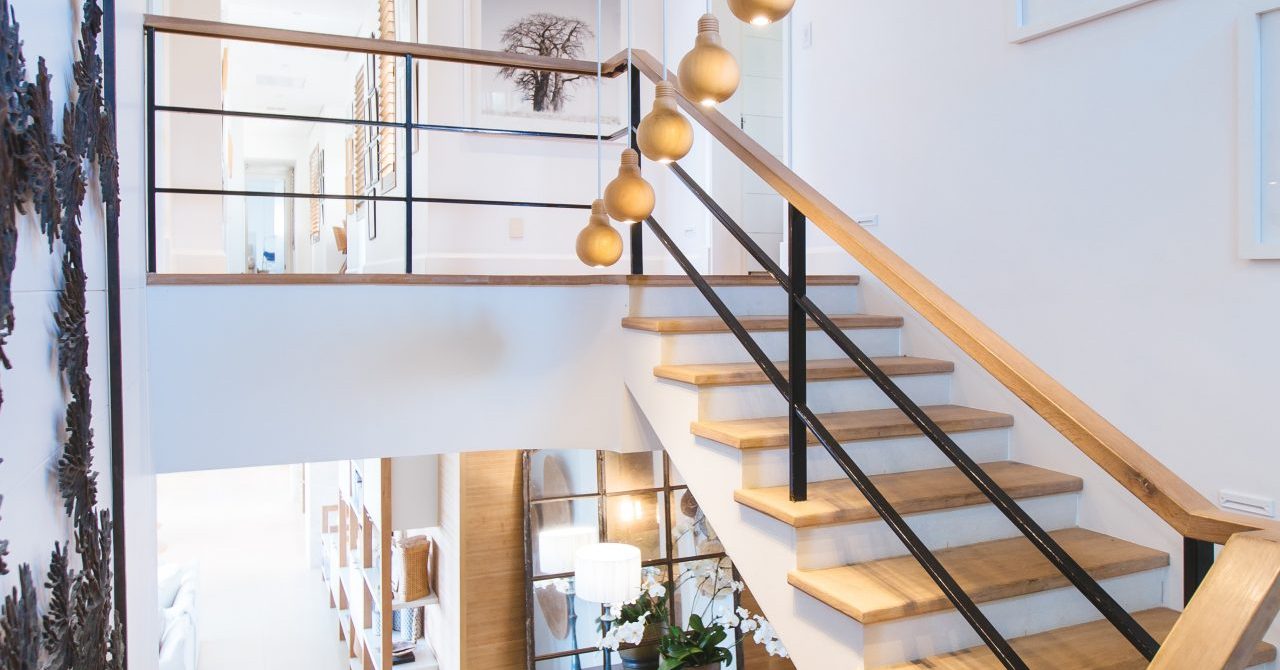It’s a common dilemma for the modern Australian family. The arrival of children has meant that your starter home is now bursting at the seams, but you’re attached to the area and don’t want to have to move. Extending the home would mean losing the little bit of garden your children have to play in, so what’s the alternative?
Perhaps building up instead of out could be the solution for you.
A second storey is a major renovation. The cost depends very much on the type of building and block that you own, and it’s worth considering all the pros and cons before taking on this type of project. If it does work for you, however, it could offer a perfect solution. You’ll be able to add living space without losing your outdoor area, all without having to pack a single moving box.
Here are some things to consider:
Is the existing structure sound?
Adding a second storey puts a lot of weight on your existing building. Even if your foundations are sound enough for a single storey building, they may not be able to support two. Get an engineer to assess whether it can handle the extra weight before proceeding: you may need to add some extra support.
In some cases, it’s just not feasible to add a second storey. Better to know that at the outset rather than risk heartbreak partway through a project.
Will it comply with council regulations?
You will need council approval for a second storey extension. The approval process will take into account the local zoning laws and neighbourhood plan. A concern with upwards builds is whether or not they overlook the neighbour’s home in a way that threatens their right to privacy. It’s not an automatic deal breaker, but the council may require that certain conditions are met. This might include designing the build so that no large windows overlook the neighbour’s bedrooms, putting frosted glass on those windows or doing without a second storey balcony.
Some councils are stricter than others about the ‘character’ of the suburb; if yours is amongst them, it may limit the materials and design of your addition.
How much will it cost?
It’s often presumed that a second storey addition is more costly than a ground floor extension. That is not always the case. The advantage of a second storey addition is that you don’t need to extend the foundation, which keeps the cost down. On the other hand, your builder will need to use scaffolding, and build stairs, both of which are costs that won’t exist with a single storey extension.
The actual price varies considerably depending on the building materials, layout, block type and existing house structure. It’s a good idea to get a few quotes before deciding whether to proceed.
Will it work with your ground floor layout?
If you’re adding a second storey, you’ll also want to change your ground floor layout. You will obviously need to put in a staircase, so give careful consideration to where that can be put in without rendering a room unusable.
It is most common for upper storey builds to be comprised of bedrooms and a second bathroom, which means that you can convert existing downstairs bedrooms to extra living space. Make sure that you don’t knock out load bearing walls, though: if you’re building up, that support is more needed than ever.
While second storey additions aren’t as common in Australia as elsewhere, they’re a great solution for higher density areas and inner suburbs. Don’t be intimidated: if you do your research well, the only way is up!
